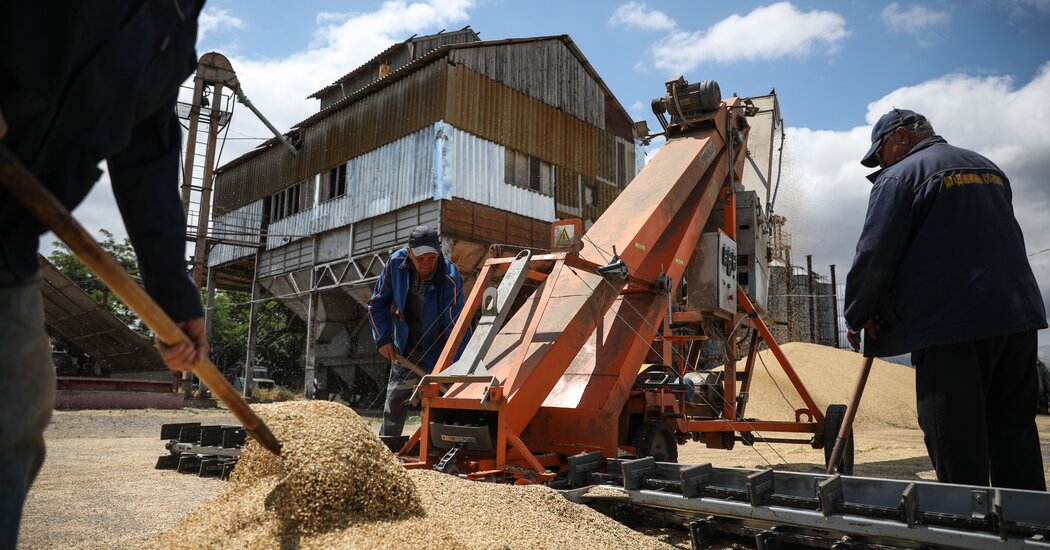In a call on Thursday as part of President Biden’s four-day visit to the Middle East, the leaders of Israel, the United States, India and the United A
In a call on Thursday as part of President Biden’s four-day visit to the Middle East, the leaders of Israel, the United States, India and the United Arab Emirates will discuss the global security crisis, according to the White House. Such a focus highlights the deep effect that Russia’s war in Ukraine, which has exacerbated a global grain shortage, has had on international diplomacy, even in countries far from Ukraine itself.
Ukraine policy has been a point of friction between Israel and the United States. Israel has been wary of being too critical of Russia, lest it provoke Moscow into causing problems for Israeli military strategy in the Middle East. And that caution has occasionally set off U.S. criticism.
Israel has expressed repeated support for Ukraine, whose president, Volodymyr Zelensky, is Jewish. It has sent humanitarian aid, pledged to send protective equipment, set up a field hospital in western Ukraine and voted to suspend Russia from the United Nations Human Rights Council.
But it has not sent weapons or enforced formal sanctions on Russian oligarchs.
Naftali Bennett, who was Israel’s prime minister for most of time since the war began in late February, generally avoided direct criticism of Russia. He pointedly left condemnations of the Kremlin to his foreign minister, Yair Lapid, who succeeded him as prime minister this month.
Israel has portrayed that delicate balancing act as an attempt to allow Israel to mediate between the two sides, to avoid exposing Jews in both Russia and Ukraine to antisemitic attacks, and to maintain its delicate relationship with the Russian military in Syria.
For much of the past decade, the Israeli Air Force has struck military targets in Syria without interference, trying to stem the flow of arms that Iran sends to its proxies in Syria and Lebanon.
But Russia also maintains a significant military presence in Syria, and Israel needs Moscow’s blessing to continue to operate there with ease.
www.nytimes.com
